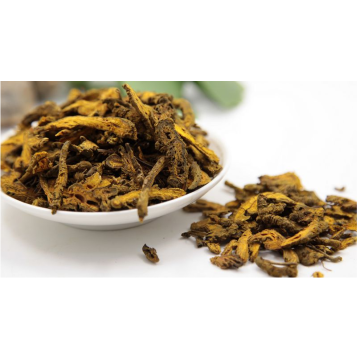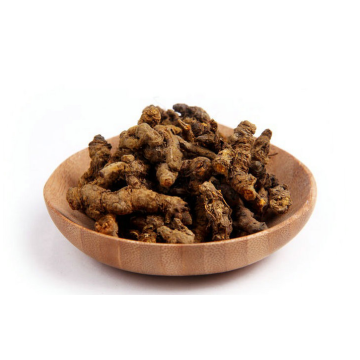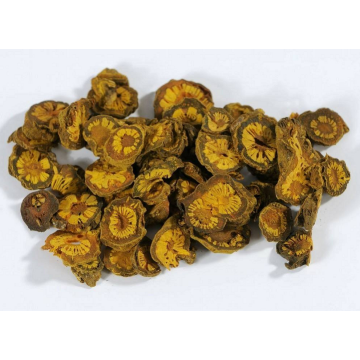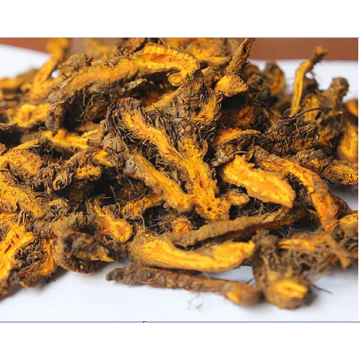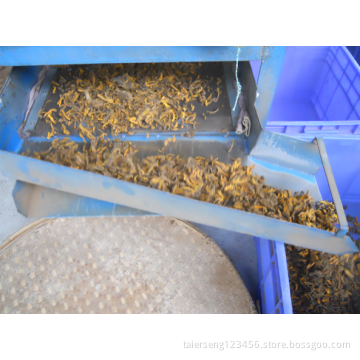
Effect on the circulatory system coptis
- Payment Type:
- L/C, T/T, D/P
- Incoterm:
- FOB, CFR, CIF, FCA, CPT
Your message must be between 20 to 2000 characters
Contact Now| Payment Type: | L/C,T/T,D/P |
|---|---|
| Incoterm: | FOB,CFR,CIF,FCA,CPT |
Intravenous or oral berberine can cause a drop in blood pressure in anesthetized (canine, feline, rabbit) or non-anesthetized (rat) animals. In general dose, the duration is not long, repeated administration, no enhancement and tolerance. The antihypertensive effect has nothing to do with the heart, because at normal or low doses, it can stimulate the heart, increase coronary blood flow, and inhibit the heart in large doses; even if the dose is increased, there is no stopping in the hearts of isolated baboons or cats. Beat phenomenon. Decompression is related to the expansion of blood vessels, because at the same time as blood pressure, the volume of the spleen, intestine, kidneys, and extremities are all increased. The iliac blood vessels and the perfusion of the kidneys in rabbits also prove that it can directly dilate blood vessels. The antihypertensive effect of berberine is not affected by diphenhydramine and reserring; atropine blocks its antihypertensive effect (anesthetized rats), but does not affect the antihypertensive response of acetylcholine; therefore, its effect may be direct excitement. Muscarinic receptors.

Related Keywords


